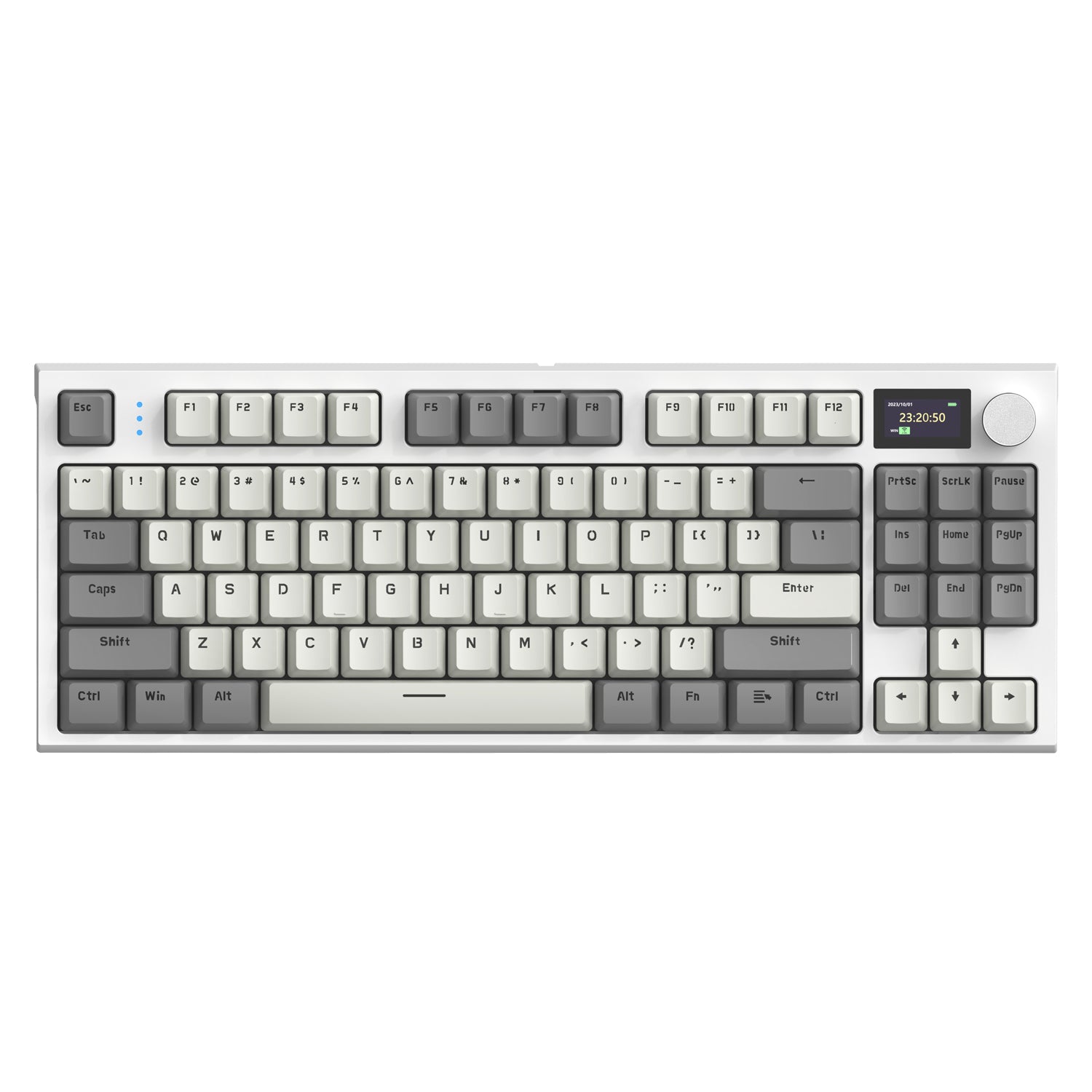Unlock Your Typing Potential: Discover the Ultimate Mechanical Keyboard Experience!
In recent years, mechanical keyboards have surged in popularity among typists and gamers alike, transforming the way we interact with our computers. Unlike traditional membrane keyboards that often lack tactile feedback, mechanical keyboards offer a satisfying and responsive typing experience that can enhance productivity and enjoyment. Their unique design features individual mechanical switches beneath each key, providing durability and a range of customizable options that cater to diverse preferences. Whether you’re a gamer seeking precision, a writer wanting comfort, or simply someone who appreciates quality, mechanical keyboards present an exciting world to explore. In this article, we’ll delve into the various types of mechanical keyboards, their features, and how to choose the one that best fits your needs.

Understanding Mechanical Keyboards
Mechanical keyboards are distinct from their membrane counterparts in several key ways. At the heart of a mechanical keyboard lies its switches, which are the mechanisms responsible for registering each keypress. While membrane keyboards rely on pressure pads that complete a circuit when pressed, mechanical keyboards utilize individual switches for each key. This design not only results in a more tactile and audible feedback but also significantly improves durability, with many mechanical switches rated for millions of keystrokes. This means that if you’re a heavy user, the longevity of a mechanical keyboard can often outweigh that of a traditional keyboard. The variety of switches available allows users to choose a typing experience that suits their personal preferences, whether it’s a soft touch or a more pronounced click.
Types of Mechanical Switches
When it comes to mechanical keyboards, the type of switch you choose plays a crucial role in your overall typing experience. There are primarily three categories of mechanical switches: tactile, linear, and clicky. Tactile switches provide a noticeable bump when the key is activated, making them ideal for typists who appreciate feedback without excessive noise. Linear switches, on the other hand, allow for smooth key presses without any tactile response, making them a favorite among gamers who value quick and uninterrupted keystrokes. Lastly, clicky switches offer both tactile feedback and an audible click, which can be satisfying for those who enjoy the sound of their typing. Each switch type caters to different preferences and typing styles, so it's worth considering how you typically use your keyboard when exploring your options.
Choosing the Right Switch for You
Selecting the right switch can seem daunting, but understanding your typing habits can simplify the process. If you primarily type for long hours, you might prefer tactile switches for their feedback, which can help reduce finger fatigue. Gamers often gravitate towards linear switches for their rapid responsiveness. If you’re unsure, visiting a store where you can test different switches can be enlightening. Many of my friends have shared how trying various switches helped them discover their preferences. For instance, one friend initially thought they would love clicky switches but found that the noise was distracting during late-night gaming sessions. Take your time to experiment, as the right switch can significantly enhance your overall experience.
Key Features to Consider
Aside from the switch type, several key features can influence your decision when selecting a mechanical keyboard. Build quality is paramount; a well-constructed keyboard can withstand heavy use and provide a stable typing surface. The material of the keycaps also matters; options like ABS and PBT can affect the feel and durability of the keys. Backlighting options are another consideration, especially for those who often type in low-light environments. RGB lighting has become a popular feature, allowing for customization of colors and effects. Additionally, programmable keys can enhance your efficiency by enabling shortcuts for frequently used commands. Evaluating these features against your personal needs will ensure you choose a keyboard that complements your lifestyle.
Customization and Aesthetics
The realm of keyboard customization is vast and exciting. Many enthusiasts take pride in personalizing their mechanical keyboards to reflect their individual style. From unique keycap sets to vibrant RGB lighting, the options are nearly endless. You might opt for a classic look with wooden keycaps or a futuristic design with transparent RGB elements. Additionally, the case design can also be customized, with various materials and colors available to match your aesthetic preferences. This personalization not only enhances the visual appeal of your setup but can also improve your typing experience. A friend of mine spent weeks assembling his ideal keyboard, including a custom keycap set that represented his favorite video game. The result was not just a functional tool but a statement piece that reflected his personality.
Enhancing Your Typing Journey
In summary, mechanical keyboards offer a unique and rewarding typing experience that can elevate your computing activities, whether for gaming, professional work, or casual use. With a range of switch types, essential features, and customization options available, there’s a mechanical keyboard out there for everyone. By considering your typing habits and personal aesthetics, you can find a keyboard that not only meets your functional needs but also enhances your overall enjoyment. Embrace the opportunity to explore the world of mechanical keyboards and discover how they can unlock your true typing potential.








